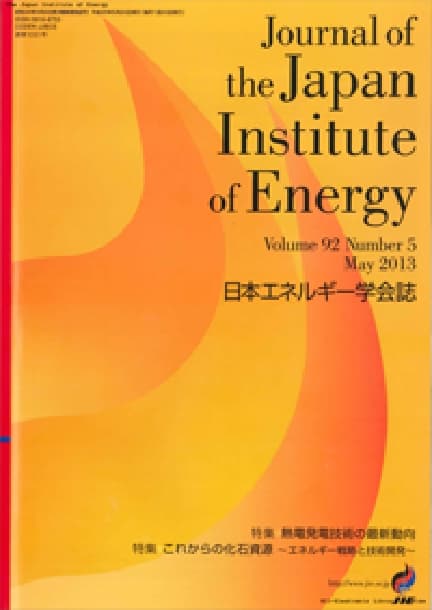Evaluation of Micro Grid including Power Storage Device
Takao SHINJI, Tetsuo YAMAKAMI, Akito MORIYAMA, Atushi AKISAWA, Takao KASHIWAGI, Goro FUJITA, Masayoshi MATSUBARA
pp. 199-204
DOI:
10.3775/jie.88.199Abstract
Renewable energies such as wind power or photovoltaic energy are getting attentions for view points of energy conservation and environmental issue. However, fluctuation of output power of renewable energies may cause excess variation of voltage or frequency of the grid. Increase of the amount of renewable energies would violate the quality of the grid. The micro grid in which dispersed energies compensate the variation from the renewable energies can expand the installation limit of the renewable energies by maintaining the quality of the interconnected grid. In this paper, evaluation of ratio of gas turbines, gas turbines and batteries is discussed from the point of power flow stability of the grid, efficiency and economy. Gas turbines have quicker response and lower efficiency, whereas gas engines have slower response and higher efficiency. Best ratio is discussed for higher efficiency while fluctuation of output power of the micro grid is kept in a small amount. Additionally, introducing batteries is discussed to introduce more gas engines he point of power flow stability of the grid, efficiency and economy.
Readers Who Read This Article Also Read
Journal of the Japan Institute of Energy Vol.85(2006), No.7
Journal of the Japan Institute of Energy Vol.87(2008), No.9
Journal of the Japan Institute of Energy Vol.88(2009), No.2










